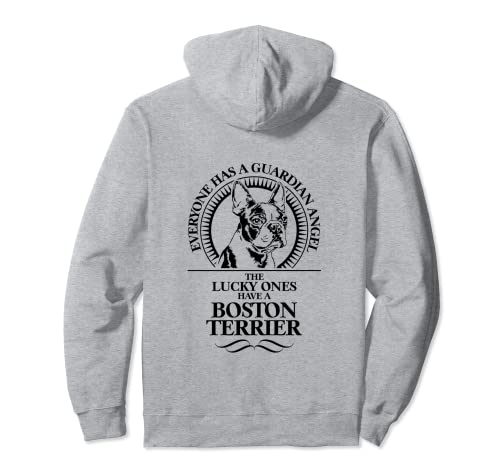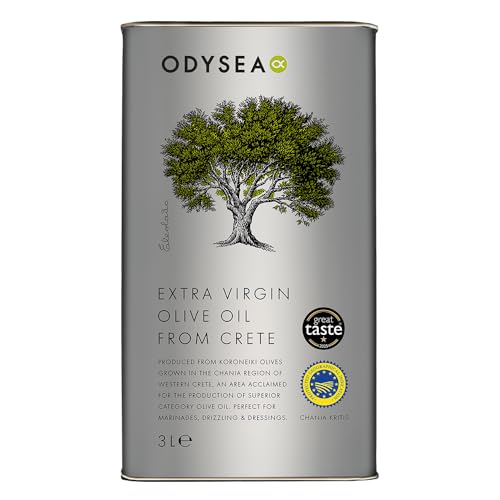




To tackle the issue of your furry friend consuming waste, consider reviewing their diet first. Ensure they are receiving balanced nutrition, as deficiencies in certain nutrients can lead to this behaviour. A high-quality, well-rounded dog food might just be the solution to curb this habit.
Another effective strategy involves increasing exercise and mental stimulation. A bored canine may resort to undesirable behaviours. Engaging in daily walks, play sessions, or puzzle toys can significantly reduce the likelihood of such actions. A tired pooch is less likely to seek out waste for entertainment.
In some instances, stress or anxiety can drive this behaviour. Observing changes in their environment, such as new pets or changes in routine, might provide insights. Creating a calm and secure atmosphere can help alleviate these triggers. Consider relaxing techniques or even consulting with a vet for advice on behavioural modification.
If the issue persists, it’s wise to consult a veterinarian. They can rule out any underlying health problems that could be contributing to this behaviour. A thorough check-up might uncover issues that require attention, ensuring your companion stays happy and healthy.
In my experience, addressing the root cause and applying consistent training methods has proven effective. Patience and understanding play significant roles in this journey. With the right approach, you can help your beloved pet break this habit and lead a more fulfilling life.
Understanding Coprophagia in Dogs
Addressing this behaviour effectively requires a multi-faceted approach. Begin with a thorough vet check-up to rule out any underlying health issues. Conditions like diabetes, parasites, or malabsorption disorders can contribute to this puzzling habit. If health concerns are ruled out, consider the dog’s diet. Nutritional deficiencies may lead to seeking out waste for missing nutrients.
Behavioural Factors
Stress or anxiety can trigger this behaviour. Dogs may resort to it as a coping mechanism. Observe the environment for potential stressors, such as changes in routine, new pets, or loud noises. Providing a calm space and engaging in regular playtime can alleviate anxiety.
Training Techniques
Implementing training strategies can also help. Teaching commands like “leave it” or redirecting attention with toys can be beneficial. Consistency is key; reinforce positive behaviour with treats and praise. Regular walks and outdoor time can reduce opportunities for this behaviour, as well as provide mental stimulation.
| Strategy | Description |
|---|---|
| Vet Consultation | Check for health issues contributing to the behaviour. |
| Diet Review | Ensure all nutritional needs are met. |
| Stress Management | Identify and reduce stressors in the environment. |
| Training Commands | Teach commands to redirect focus. |
| Increased Exercise | Provide regular physical and mental stimulation. |
Monitoring behaviour closely and adjusting routines can lead to improvements. Patience and persistence play significant roles in modifying this habit. Understanding the reasons behind it is the first step towards resolution.
Common Reasons for Canines Consuming Their Own Faeces
Insufficient nutrients in commercial food often leads to this behaviour. A poor diet may not provide essential minerals and vitamins, prompting a pet to seek out alternative sources of nutrition. Switching to high-quality food, like those found in best homemade vegan dog food recipes, can mitigate this issue.
Anxiety or stress can trigger this habit as well. Changes in the environment, such as moving to a new home or the introduction of new family members, may cause distress. Implementing a consistent routine and providing enrichment activities can help alleviate anxiety.
Attention-seeking behaviour is another common factor. If a pet receives extra attention–positive or negative–after engaging in this activity, they might repeat it to gain more interaction. Redirecting focus towards positive reinforcement for good behaviour is key.
Certain health conditions, like diabetes or parasites, can lead to increased hunger or changes in digestion, making this behaviour more likely. Regular veterinary check-ups are crucial for maintaining good health and addressing potential underlying issues.
Lastly, a learned behaviour from observing other animals can also be a reason. If a puppy witnesses another animal consuming faeces, they may imitate this behaviour. Early socialisation and training can help prevent this from becoming a habit.
Health Issues Linked to Coprophagia
In cases where a canine consumes faeces, underlying health issues may be at play. Nutritional deficiencies can lead to such behaviour. For instance, a lack of vital nutrients like vitamins or minerals may prompt an animal to seek alternative sources, including its own waste. Regular veterinary check-ups can help identify any deficiencies through blood tests.
Gastrointestinal problems might also be a factor. Conditions such as pancreatitis or intestinal parasites can disrupt normal digestion, causing the pet to feel unsatisfied after meals. This discomfort might drive them to scavenge faecal matter in search of relief. Observing changes in appetite or stool consistency can provide crucial clues for your vet.
Stress and anxiety often manifest in unusual behaviours, including the consumption of waste. A pet experiencing environmental changes, such as moving homes or the introduction of new family members, may turn to this behaviour as a coping mechanism. Providing a stable and calm environment is essential for mental well-being.
Additionally, certain medical conditions like diabetes or Cushing’s disease can lead to increased appetite and unusual cravings. If a pet exhibits unusual eating habits alongside other symptoms such as excessive thirst or frequent urination, a vet consultation is warranted.
Infections or diseases affecting the liver can also influence behaviour related to waste consumption. Regular health screenings can catch these issues early, ensuring timely treatment and management.
Addressing the root causes of this behaviour is vital. Collaborating with a veterinarian to create a tailored plan can help mitigate health concerns and reduce the likelihood of this behaviour reoccurring.
Behavioural Solutions to Stop Your Pup from Consuming Faeces
One effective approach is to establish a consistent bathroom routine. Take your furry friend outside frequently, especially after meals. This helps in teaching her where to relieve herself, reducing the chances of finding surprises indoors.
Positive reinforcement works wonders. Whenever your pet does her business outside, reward her with treats or praise. This reinforces the behaviour you want to see and makes her associate outdoor bathroom breaks with positive experiences.
- Always supervise during outdoor time. If you catch her in the act, distract her with a toy or call her back inside.
- Consider using a leash during walks to prevent her from scavenging. This gives you full control and allows you to guide her away from temptations.
Engagement is key. Increase playtime and mental stimulation through interactive toys or training sessions. A busy mind is less likely to seek out unpleasant habits.
Feeding her a high-quality diet can also help. Sometimes, nutritional deficiencies lead to strange behaviours. Consult your vet about the best food options tailored for her needs.
Use deterrents. Some owners have found success with products that make faeces taste unpleasant. These can be sprinkled on her meals to discourage her from indulging in this habit.
- Keep the yard clean. Immediately pick up after her to eliminate opportunities for scavenging.
- Consider crate training. If she cannot access the area where she eliminates, this reduces the chance of unwanted behaviours.
Lastly, if the behaviour persists, consult a professional trainer or behaviourist. They can provide tailored strategies based on her specific needs and temperament.
Preventive Measures to Discourage Coprophagia
Introducing a specific diet can significantly reduce the likelihood of this behaviour. High-quality, nutritious food can satisfy your pet’s appetite and decrease cravings for faeces. Consider a blend rich in protein and fibre to keep them full and content.
Modify the Environment
Keeping the living area clean is crucial. Regularly pick up waste immediately after your companion goes outside. This reduces opportunities for them to engage in this unsavoury habit. If your yard is spacious, consider designating a specific area for elimination and clean it frequently.
Behavioural Training Techniques
Implementing training commands can be beneficial. Teach commands like “leave it” or “no” to redirect their attention when they approach droppings. Positive reinforcement, such as treats or praise, can encourage compliance. Consistency is key; all family members should apply the same commands during interactions.
Enrichment activities can also help distract from this behaviour. Engaging your furry friend in fun games, puzzle toys, or regular walks can keep their mind occupied and reduce the likelihood of them seeking out faeces.
Regular vet check-ups are essential. If the behaviour persists, discussing dietary adjustments or health concerns with a veterinarian can provide further insights and tailored solutions.








